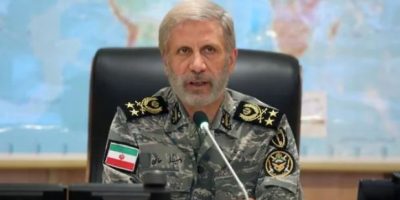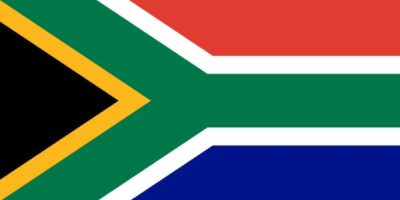Iraq Inquiry: Chilcot says Iraq invasion was not justified

The chairman of the UK’s inquiry into the Iraq war says he hopes future military action on such a scale will only be possible with more careful analysis and political judgement.His 12-volume report on the Iraq war is due to be released later – more than seven years after the inquiry began.Sir John Chilcot told the BBC it would criticise individuals and institutions.
He said he hoped it would help answer some questions for families of the 179 Britons who died between 2003 and 2009.Former Prime Minister Tony Blair is expected to face fresh calls to apologise from political opponents of the war and the relatives of those who were killed during the six years UK troops were based in Iraq.
The US, which led the intervention in 2003, lost 4,487 service personnel in the war.
Figures about Iraqi deaths vary from 90,000 to more than 600,000.
Sir John said: “The main expectation that I have is that it will not be possible in future to engage in a military or indeed a diplomatic endeavour on such a scale and of such gravity without really careful challenge analysis and assessment and collective political judgement being applied to it.
“There are many lessons in the report but that probably is the central one for the future.”
The former top civil servant said he believed it was a “reliable account” of the decisions that led to the UK’s participation in the US-led invasion of Iraq, which toppled the regime of Saddam Hussein, and its aftermath.
Asked why the report – which was meant to have taken a year to complete and is 2.6 million words long – had taken so long to write, Sir John said it had been an “absolute massive” undertaking.
The war ended Saddam Hussein’s regime in Iraq, but the aftermath unleashed sectarian violence that has killed thousands since then.
The worst attack happened last weekend when so-called Islamic State militants – who control swathes of Iraq and Syria – launched a suicide bombing in the Iraqi capital, Baghdad, killing more than 250 people.
The then Labour Prime Minister Tony Blair’s decision to commit British troops to the invasion, following a vote authorising military action in the House of Commons, was one of the most controversial foreign policy decisions of the past 50 years.
Mr Blair was one of more than 100 witnesses to give evidence to the inquiry, appearing before the panel twice, and the report will include details of declassified Cabinet papers, intelligence assessments of Iraq’s weapons capability and private correspondence between Mr Blair and the then US President George W Bush relating to the conflict and the basis for the military intervention.
The report has been handed to Prime Minister David Cameron and will be available online on the Iraq Inquiry website once Sir John has finished making a statement setting out its findings on Wednesday morning.
The relatives of British troops and civilians killed in Iraq are being given access to the report prior to its publication although some are boycotting the occasion believing it will be a whitewash.
‘High expectations’
Sir John told the relatives had been “very much in our mind” throughout the process and had been “invaluable in helping to shape the report and where it would lead”.
“I have been very conscious from the start that the families have high expectations and wish to know the truth of all that happened, in particular where their relatives were affected.
Related News

Iran’s army chief warns US, Israel against attack, says forces on ‘high alert’
TEHRAN, JAN 31: Iranian army chief Amir Hatami on Saturday warned the United States andRead More

South Africa expels top Israeli envoy
JOHANNESBURG, JAN 30: South Africa has declared Israel’s top diplomat in the country “persona nonRead More


Comments are Closed